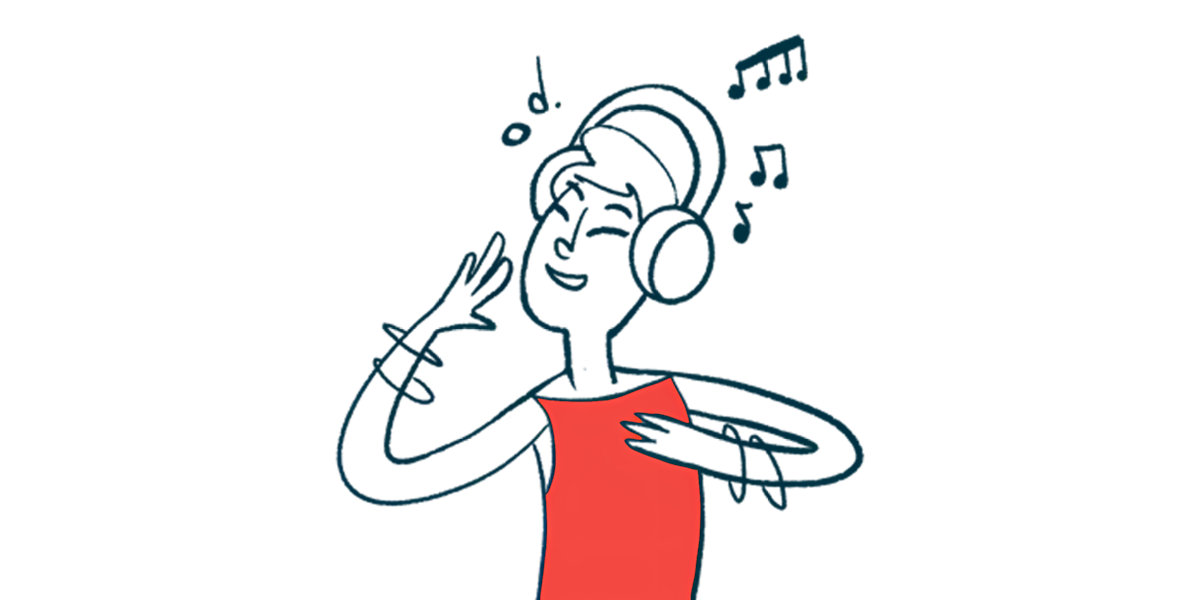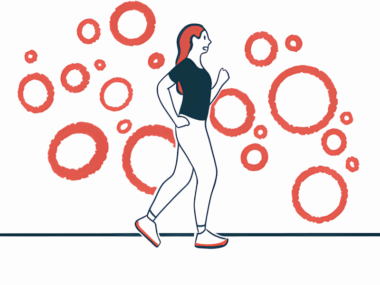Songbirds spark insights into role of dopamine in learning: Study
Findings show how Parkinson's may interfere with feedback on motor skills
Written by |

A new study in juvenile zebra finches — a songbird species known for singing to attract mates — shows that mastering complex natural behaviors like singing depends on dopamine, a key signaling chemical that is lacking in the brains of people with Parkinson’s disease.
The findings of this novel research, led by scientists at the Zuckerman Institute at Columbia University in New York, provide insights into how low dopamine in neurodegenerative diseases like Parkinson’s may interfere with feedback on motor skills. Ultimately, per the team, the insights gained from these songbirds may open up avenues for potential new treatments for Parkinson’s.
“Zebra finches are one of the few organisms we know of that acquire vocal abilities in a similar fashion to humans,” Nathan Nadler, a graduate student at the institute and a study coauthor, said in a university press release. “They present us with a unique opportunity to study natural learning in action.”
Studying the songbirds also helps scientists to better understand the role of dopamine in learning.
According to Jonathan Kasdin, co-first author of the study, research that provides insights into dopamine “could also shed light on dopamine-related disorders such as Parkinson’s.”
In this study, scientists were “eavesdropping on dopamine’s role in a completely natural learning process,” Kasdin said.
The study, “Natural behavior is learned through dopamine-mediated reinforcement,” was published in the journal Nature.
Zebra finch study illustrates how dopamine helps in learning
Many motor skills, like walking or speaking, are learned through trial and error as people grow and develop. Dopamine, a signaling chemical, plays a key role in learning from rewards. When something turns out better than expected, dopamine increases in a brain region called the basal ganglia; when it’s worse, it decreases.
“Understanding the process of learning by trial and error is key to understanding how we acquire many of our most important skills,” Kasdin said. “And understanding how learning works in the healthy brain is critical to understanding how learning goes wrong in various brain disorders.”
In Parkinson’s disease, for example, motor symptoms are caused by a loss of the nerve cells that produce dopamine in the brain. In addition to motor symptoms, people with the neurodegenerative disease experience a range of symptoms, such as problems with memory and decision-making.
Earlier work from the same team, with adult zebra finches, showed that dopamine signals errors and successes as birds sing. When a song sounds better than expected, dopamine increases; when it sounds worse, dopamine decreases. However, it remains unclear if natural learning, like how young birds learn to sing, also relies on dopamine.
Understanding the process of learning by trial and error is key to understanding how we acquire many of our most important skills. … Understanding how learning works in the healthy brain is critical to understanding how learning goes wrong in various brain disorders.
Now, researchers observed how juvenile zebra finches learn their songs, and tracked the release of dopamine into a brain region called Area X over the course of several weeks. The team used fiber photometry to measure dopamine while the birds practiced their songs. This technique allows researchers to watch brain cells in real time while an animal is awake and using behaviors.
Dopamine increased when the birds sang better versions of their songs, closer to the adult version they would eventually learn. However, levels decreased when the song was further from the final version. This suggests that dopamine may play a role in shaping learning.
The activity of dopamine was tied to how a bird’s current song compared with its past renditions, supporting the idea that this signaling chemical helps correct behaviors based on what was expected versus what actually happened.
According to the team, “reinforcement-learning algorithms have emerged as a powerful class of model to explain learning in reward-based laboratory tasks, as well as for driving autonomous learning in artificial intelligence [AI].”
Kimberly Stachenfeld, PhD, an adjunct assistant professor of neuroscience at Zuckerman and a study coauthor, noted that “natural brains are capable of continually accumulating new knowledge over the course of an entire lifetime.”
Stachenfeld, also a senior research scientist at Google DeepMind, said “this new research could inform how we design AI.”



